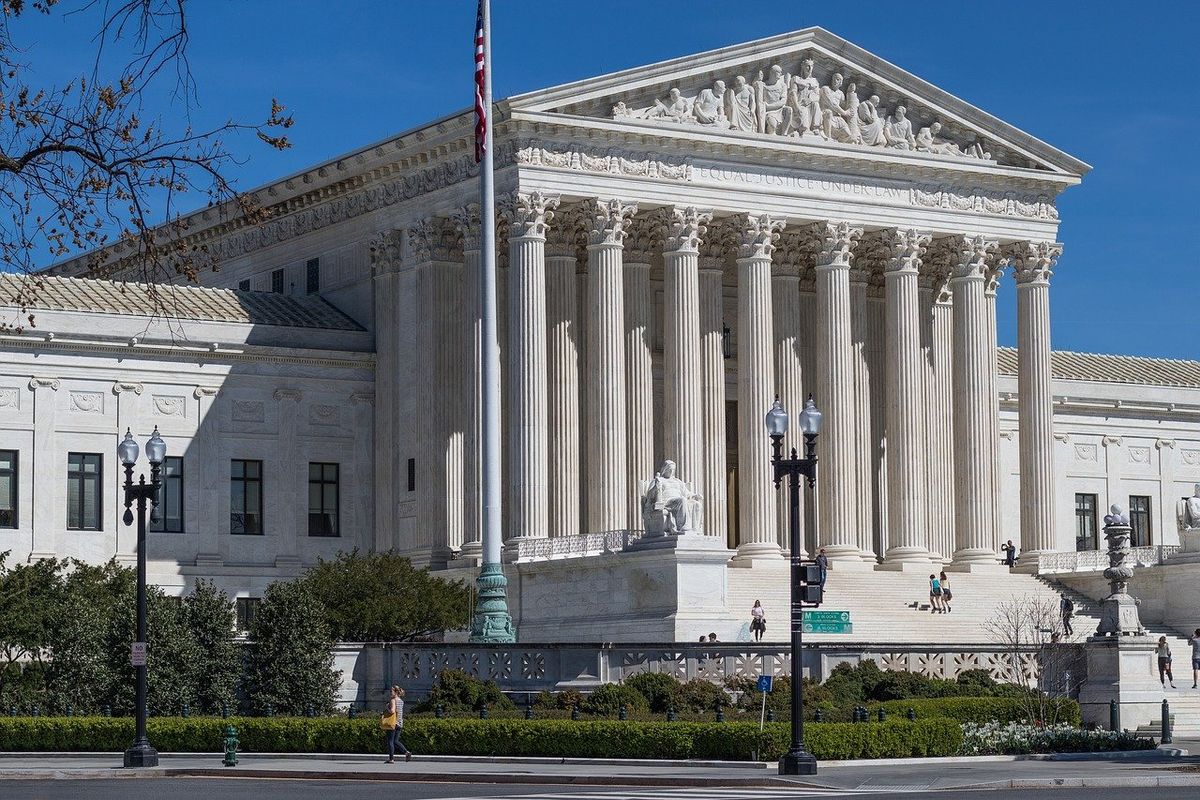Supreme Court De-Fangs Federal Trade Commission

The U.S. Supreme Court today revoked the Federal Trade Commission’s authority to recover ill-gotten gains from companies, saying unanimously that Congress had never granted it that authority. It’s a major blow for the FTC, the nation’s top consumer protection agency, which has recovered billions of dollars from errant companies and refunded much of it to consumers.
Writing for the court, Justice Stephen Breyer said the law “as currently written does not grant the Commission authority to obtain equitable monetary relief.” He noted that the FTC can seek restitution under other provisions of the law and is “free to ask Congress to grant it further remedial authority.”
The ruling was not unexpected but was harshly criticized nonetheless by Acting FTC Chair Rebecca Kelly Slaughter, who said the ability to recover ill-gotten gains was the “strongest tool we had to help consumers when they need it most.
“The Supreme Court ruled in favor of scam artists and dishonest corporations, leaving average Americans to pay for illegal behavior,” Slaughter said. “We urge Congress to act swiftly to restore and strengthen the powers of the agency so we can make wronged consumers whole.”
Payday loan case
The ruling came in a $1.3 billion payday loan case involving race-car driver Scott Tucker, who was sentenced to 16 years in prison. The $1.3 billion civil penalty was the largest ever levied by the FTC in a contested proceeding.
The FTC’s complaint against Tucker charged that Tucker and a web of related companies and individuals falsely claimed they would charge borrowers the loan amount plus a one-time finance fee. Instead, they dipped into consumers’ bank accounts over and over again, assessing a new fee each time.
But in today’s ruling, the court ruled without a dissenting vote that while a 1973 law gives the FTC the power to seek injunctions against fraudulent or deceptive commercial actions, it doesn’t explicitly give the commission the right to seek financial judgments as well.
Slaughter said the ruling takes away the FTC’s ability to give consumers at least a partial refund when they are victimized by scam artists. “Past cases have resulted in the return of billions of dollars to consumers targeted by a wide variety of illegal scams and anticompetitive practices, including $11.2 billion in refunds to consumers during just the past five years,” she said.
“We have to do everything we can to protect this authority and if necessary pass new legislation to do so,” Senate Commerce Committee Chair Maria Cantwell (D-Wash.) said two days before the ruling, according to Politico. Congress had already been considering legislation in the event today’s rumored ruling became reality.
